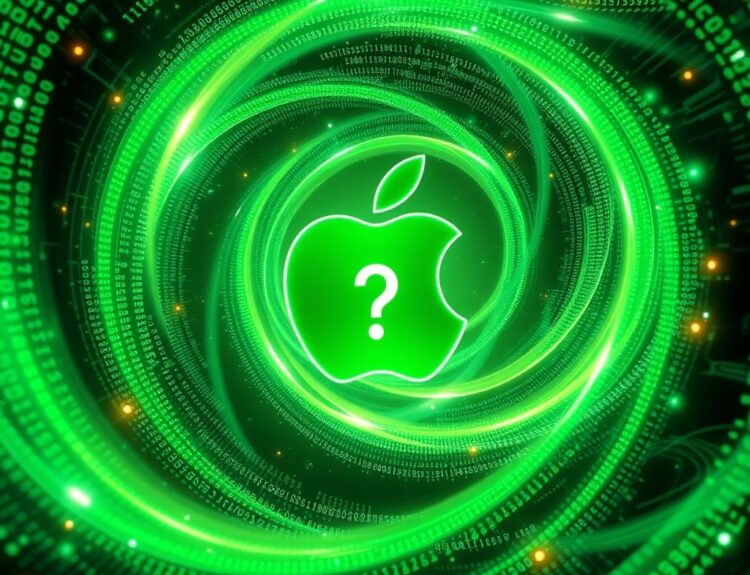So, I was just catching up on the latest tech news, and something really interesting caught my eye. It looks like 23andMe, the genetic testing company we all know, might be going private! According to TechCrunch, Anne Wojcicki, one of the co-founders and the former CEO, is making moves to acquire the company through her nonprofit, the TTAM Research Institute.
I’ve been following 23andMe for a while, and this news definitely got me thinking. 23andMe has been a popular brand for years, helping people understand their ancestry and health risks. According to their website, they’ve genotyped over 14 million people worldwide. But in the past few years, they’ve faced some challenges, including a recent data breach that affected a significant number of users.
It makes you wonder: What does this acquisition mean for the future of genetic testing and personalized healthcare? Will it lead to more focused research? Will privacy concerns be addressed in a more robust way?
According to a study by the National Human Genome Research Institute, direct-to-consumer genetic testing is projected to grow significantly in the coming years, with the global market expected to reach $6.6 billion by 2028. However, concerns about data privacy and accuracy remain a key challenge.
For those of us in Cameroon, where access to advanced healthcare technologies is still evolving, this news could have longer-term implications. If 23andMe can successfully navigate its challenges and continue to innovate, it could potentially contribute to more personalized healthcare options becoming available here someday.
Here are my main takeaways from this news:
- A Founder’s Vision: Anne Wojcicki seems determined to steer 23andMe in a new direction. Taking it private might give her more control to innovate and address past issues.
- Data Privacy is Paramount: The recent data breach highlighted the importance of protecting sensitive genetic information. Any new strategy needs to prioritize user privacy and security. A recent report from the Pew Research Center found that only 9% of U.S. adults say they have a great deal of trust in genetic testing companies.
- Research Potential: With a nonprofit at the helm, there might be more emphasis on using genetic data for research purposes, potentially leading to breakthroughs in understanding and treating diseases. A study published in Nature showed how 23andMe data was used to identify novel genetic variants associated with Parkinson’s disease.
- The Future of Personalized Healthcare: This move underscores the growing interest in personalized healthcare. Genetic testing, if done responsibly, could play a significant role in tailoring medical treatments to individual needs.
- Access and Equity: As genetic testing becomes more prevalent, it’s crucial to ensure equitable access for diverse populations, including those in developing countries like Cameroon. According to the World Health Organization, genetic services are often limited in low- and middle-income countries.
FAQs About the 23andMe Acquisition
- Why is Anne Wojcicki acquiring 23andMe through a nonprofit? It’s likely that Wojcicki believes a nonprofit structure will allow for a greater focus on research and development, rather than solely on profit generation.
- What will happen to my data if 23andMe goes private? 23andMe’s privacy policies should remain in effect. However, it’s always a good idea to review their terms of service to understand how your data is used and protected.
- Will the cost of 23andMe tests change? It’s difficult to say. The acquisition could lead to changes in pricing strategy, depending on the company’s new focus and goals.
- How will this affect 23andMe’s research partnerships? The shift to a nonprofit structure could strengthen research partnerships, as it may attract more collaborations with academic institutions and research organizations.
- Will 23andMe still offer ancestry testing? It’s likely that ancestry testing will remain a core offering, as it’s a popular service that attracts many customers.
- What are the potential benefits of this acquisition for healthcare? If 23andMe focuses more on research, it could lead to breakthroughs in understanding genetic diseases and developing personalized treatments.
- How will this impact 23andMe employees? It’s uncertain how the acquisition will affect employees. It will likely depend on the new organizational structure and strategic direction.
- What are the risks associated with genetic testing? Risks include privacy concerns, potential for misinterpretation of results, and emotional distress from learning about genetic predispositions to certain diseases.
- How accurate are 23andMe’s tests? 23andMe’s tests have been shown to be fairly accurate for many traits, but it’s important to remember that genetic testing is not a definitive diagnostic tool.
- Will 23andMe expand its services to Cameroon in the future? It’s uncertain, but as genetic testing becomes more accessible globally, it’s possible that 23andMe could expand its services to other countries, including Cameroon.






